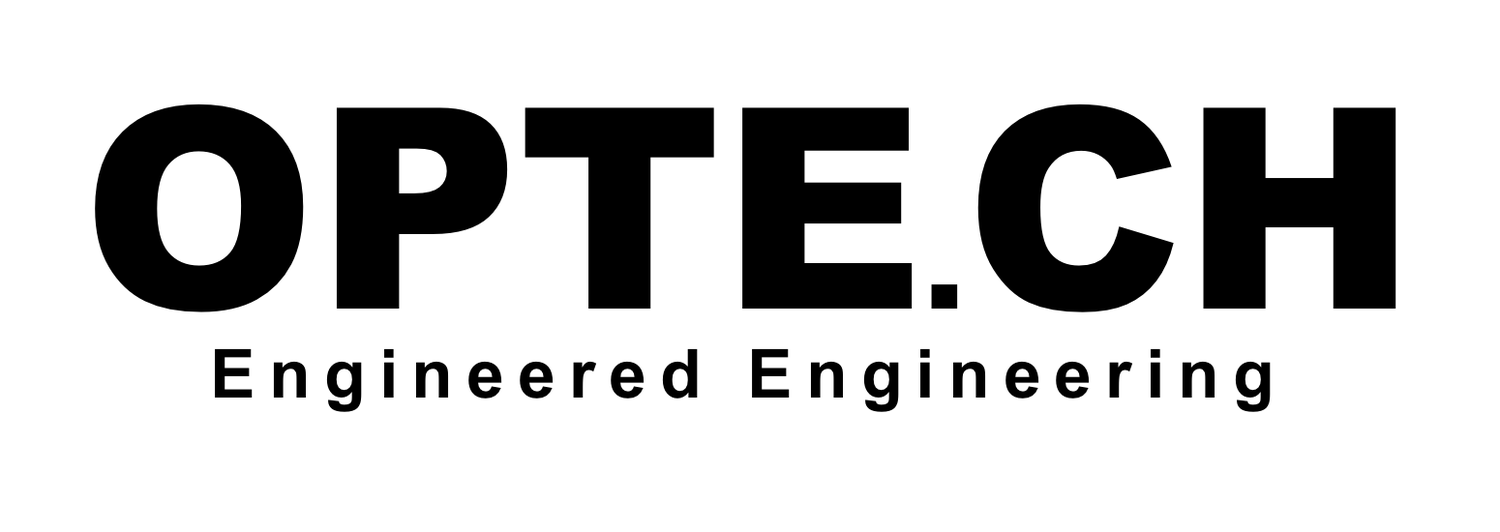The only thing holding me back from buying one Nest Protect is the fact that I have seven smoke alarms in my house and I know that once I get one, I will want seven. The Nest Thermostat has been among my top rated investments for home owners since day one.
Follow-Up On Pragmatic's Automation Discussion
The discussion on automation in the latest episode of Pragmatic was a great one. It touched on a lot of key value to be had in the smart home endeavor. Below are a few points from the show and my corresponding thoughts that should serve more as logical extensions rather than contradictions, though I do not speak on their behalf:
- Pragmatic: The true value is in automation, remote control is secondary.
- Mike: Largely I agree, 2 main considerations.
- The automation side is surprisingly underdeveloped right now. Companies like Smart Things are making progress, but the fact remains that the market isn't there yet. Automated lights will still turn off if you're still watching TV or reading, automated blinds will open when you get out of the shower before you're dressed, and motion sensors get tripped up by passing objects or glares that you don't want sensed. Once this stuff is perfected, it'll take off a lot faster. The user experience is currently unacceptable for anyone besides early adopters and nerds.
- Remote control doesn't have nearly as frequent of a use case in general, of course there are exceptions. However, a fair number of the use cases are arguably of higher importance. Consider forgetting to close your garage door when you leave for work - you never remember if you closed it or not so you either gamble, or turn back. The value in remote "control" is arguably more in the remote monitoring then being able to react. To merge these 2 points, you'd love to see automation take over here and sense that no one is home, none of the occupants' phones are detected to be inside the home, therefore the home takes action - locks doors, closes the garage door, adjusts the heat, lights off (except at sunset when the outdoor lights turn on), etc. I could discuss this at length, we'll leave it here for now.
- Pragmatic: There is an associated cost with spending your own time on installing, setting up, and maintaining a smart home. The "cost" and/or "savings" is not necessarily monetary and can be hard to measure.
- Mike: There is a circular problem here. The setup cost and technical knowledge required prevents it from being mainstream, the fact that it isn't mainstream prevents a lot of companies from investing in it, the lack of participation in the market prevents costs from dropping due to competition. I don't believe that the disruption in this market has happened yet, and by definition, disruption is what breaks that cycle. The Nest Thermostat and Protect are the closest we've gotten to that and I think the disruptive event is right around the corner. That being said, the iPhone of home automation hasn't shown its pretty little face. Disclaimer: I own a Nest Thermostat and could not love it more. Nest Protect is very high on my list of things to be purchased as well.
There will be more thoughts on this in future posts. I find this market to be full of examples of people and products that have much better selling points and features on the box than they have practical applications in improving one's life.
